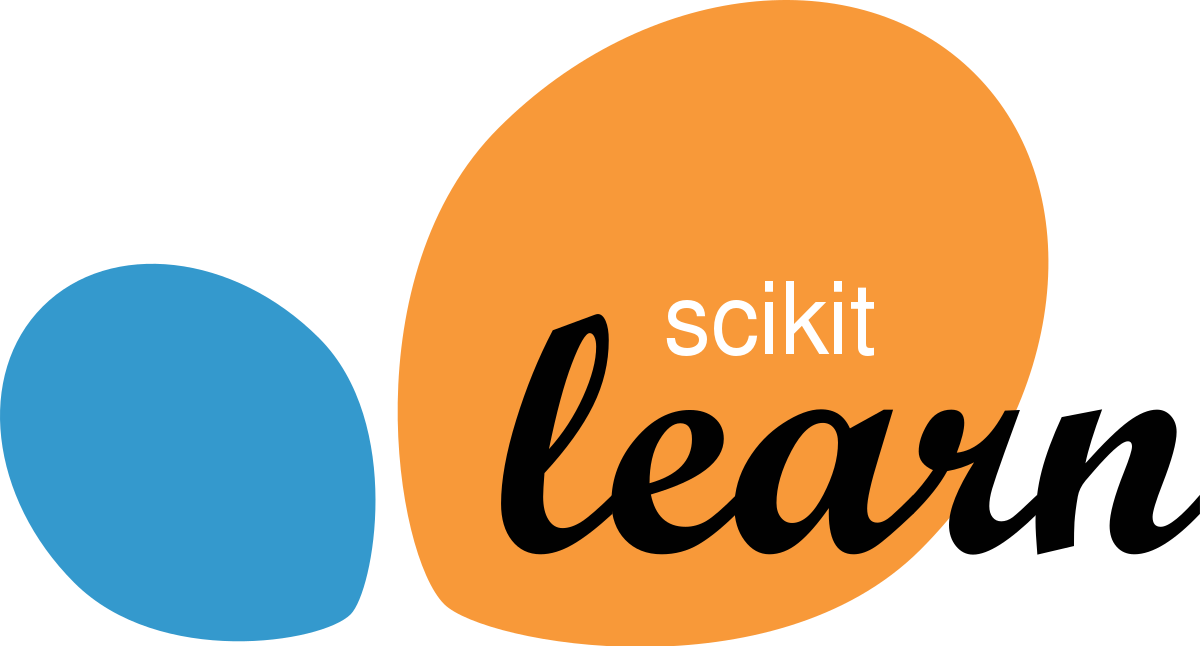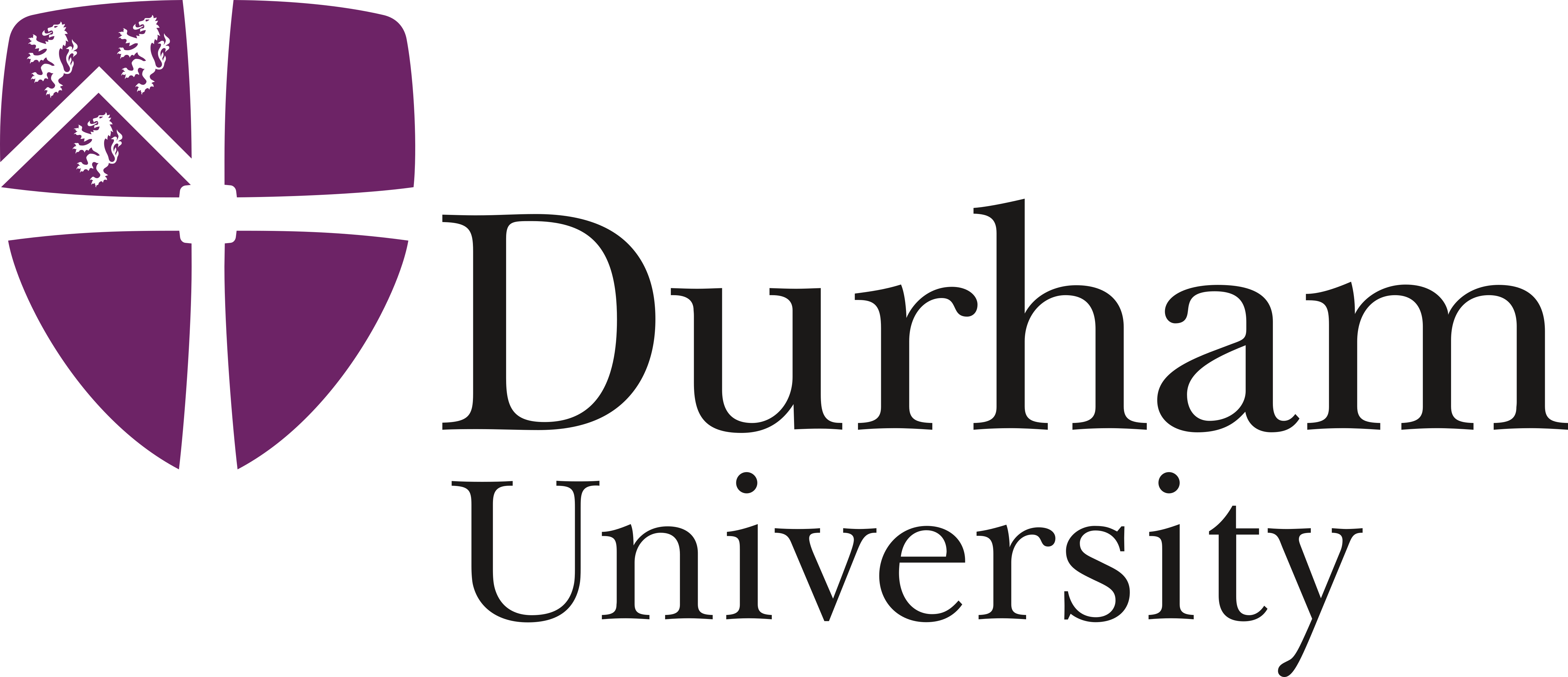I graduated from Durham University with a First Class Honours degree, as the highest performing finalist in Computer Science. I am now completing my Masters at Imperial College London in Advanced Computing
BSc Computer Science and Mathematics - 1st, 84/100
MEng in Advanced Computing - In progress
This page contains extensive information on my skills, background and experience for any of those who are interested (this page also thereforeacts as a map to my GitHub repositories):
- The technologies I have learnt over the years 💻
- University Performance and Projects 👩💻
- Career Breakdown 👷♀️
- Prior Education 📚
If you would like to find out anything more (or less, as this page is quite detailed) about me / get in contact, please check out my LinkedIn:
I am studying MSc Advanced Computing at Imperial College and will graduate in 2023.
Mathematics for Machine Learning
Reinforcement Learning
Introduction for Machine Learning
Computer Vision
Scheduling and Resource Allocation
Deep Learning
Natural Language Processing
Robot Learning
Machine Learning for Imaging
MAC Individual Project
I studied Computer Science and Mathematics at Durham University under the Natural Sciences program and graduated in 2022.
Natural Sciences' Prize for Outstanding Level 3 Achievement awarded by the Board of Examiners
Natural Sciences' Exceptional Achievement Certificate awarded for being top performing finalist within Computer Science
-
Deep Ensembled Truncated Quantile Critic with Recurrent Networks (DETRN+) - R2D4-RL: 84, 11th in year. [Tensorflow]




I supplement the sparse task reward with a dense task-independent intrinsic reward. I then research and combine the most appropriate recent state of the art namely ensemble learning, hindsight experience replay, D2RL, R2D2 with some novel practices and architecture such as a new data augmentation scheme and dropout layers. I produce a Deep Ensembled Truncated Quantile Critic with Recurrent Networks (defined in this paper). The final agent is extremely competent and surpasses the performance of all surveyed approaches. It is able to complete the three manipulation tasks inspite of the sparse and uninformative task reward. It is also able to generalise across environments. We also demonstrate some of the best practices to exploit a predominately intrinsic reward signal.
-
Deep Learning - StyleGAN2-ADA: 100/100, 1st in year. [PyTorch]
The task was to generate realisitic and diverse images (using the FFHQ dataset) given severe hardware constraints and then to interpolate smoothly between these images. To do this, this paper proposes using a StyleGAN2 architecture in combination with an adaptive discriminator augmentation (ADA) mechanism trained on the FFHQ dataset. This mechanism passes the images shown to the discriminator through an augmentation pipeline and dynamically adjusts the strength of augmentation.
-
Reinforcement Learning - TQC+D2RL: 100, 1st in year. [PyTorch]
We were tasked with creating a Reinforcement Learning agent to complete the Bipedal Walker gym environment. To do this, this paper surveyed and evaluated four different approaches (Twin Deep Deterministic Policy, Soft Actor Critic, Augmented Random Search and Truncated Quantile Critic) for the Bipedal Walker environment and distinguished Truncated Quantile Critic as the most advantageous. It focuses on performing a robust and comprehensive hyperparameter sweep (as initial trials indicated that all agents were very sensitive to hyperparameter choices) to find the hyperparameters most suitable for the Bipedal Walker environment. It then augmented the neural architecture by incorporating findings from D2RL. The resultant agent is able to solve both the BipedalWalker and BipedalWalkerHardcore environments.
-
Recommender Systems - NeuMF+RRN-Recommender-System: 89, 4th in year.
I implemented two state-of-the-art deep model-based recommender systems (RS), a novel content-collaborative hybrid RS and a solely collaborative RS. These RSs foster user satisfaction in different ways; the first by capturing the complex user-item interaction structures and the second that exploits temporal data. To compliment these RSs I created a fully-fledged UI where user can log in, register, submit new reviews and retrieve personalized movie recommendations using our two recommender systems. Due to being highly optimized, the recommender can retrain itself almost instantly when a user submits a new review or on alteration to a prediction which allows the user to interact with the recommender and see the recommendations change in real-time.
-
Independent Reasearch Project - advancing-SOTA-supermarios: 90, 1st in year. [Pytorch]
During my Independent Project, I surveyed the field of Reinforcement Learning and spent my project investigating how best to combine many recent advances from Reinforcement Learning. In doing so, I created an AI agent capable of teaching itself to play the game Super Mario Bros. to superhuman level, achieving new state-of-the-art performance within the field. This demo shows the agent playing Worlds 5 and 7.
-
Bioinformatics - bio: 100, 1st in year.
Coursework implementing the Baum-Welch algorithm, discussion of implementation choices (normalising alpha and beta values, working in log space, parallelization etc.), verification of correctness, in addition to answers to problem sheets on different techniques for amalgamating rooted phylogenetic trees.
-
Computational Modelling in the Humanities and Social Sciences - mp_geography: 79, 19th in year.
This report causally models the geographical distribution of MP’s place of birth, at a regional and historical county level, temporally from the first Parliament to present day. This analysis facilitates an evaluation of how geographically representative the MPs elected over time have been and highlights areas that are underrepresented or overrepresented.
Fair representation, as asserted by Philips [3], is achieved by there existing a loose correspondence between the experiences of those in government and their electorate [4]. This analysis provides an important dimension in answering how well the UK government has achieved fair representation. It finds specific relevance in understanding whether the historic regional funding bias [5] can be attributed to the geographic representativeness of MPs.
- Mathematical Modelling: 62
- Special Relativity and Electromagnetism II: 84, 12th in year.
Natural Sciences' Prize for Outstanding Level 2 Achievement awarded by the Board of Examiners.
- Artificial Intelligence: 86
- Programming Paradigms: 70
- Data Science: 72
- Theory of Computation: 92
- Analysis In Many Variables: 75
- Analysis: 84
Natural Sciences' Prize for Outstanding Level 1 Achievement awarded by the Board of Examiners.
- Computation Thinking: 87
- Computer Systems: 85
- Linear Algebra I: 87
- Calculus I: 87
- Foundations of Physics: 84
- Durham University Charity Kommittee (DUCK)
For more details on my roles, and non-software-engineering-specific experiences, see my LinkedIn.
Data Scientist 3-month internship optimizing financial risk management for Tier 1 Banks by automating complex processes using AI. Key achievements and responsibilities:
- Developed a formalised reinforcement learning research proposal and submitted to senior management for approval.
- Gained substantial understanding of state-of-the-art reinforcement learning algorithms and the corresponding theory, exploiting DeepMind online material.
- Implemented a clipped double Deep-Q Network with prioritized replay experience using TensorFlow and optimized the CDDQN neural network architecture.
- Achieved an 8% increase in balanced accuracy when compared to anomaly detection, clustering, and supervised learning models and facilitated the integration of the model into Caspian’s commercial software.
- Used an Agile scrum development methodology and Agile tools (Bitbucket, Jira & Confluence).
- Computer Science Demonstrator / Teaching Assistant - 1 year:
- During my 3rd year, after having achieved 92 in Theory of Computation, I was recruited to lead three weekly practical groups teaching Models of Computation and Algorithms and Complexity.
- Research Intern on ‘Next Generation Paper’ Research Project: 3-month placement in a £1.1 million funded, multidisciplinary project, investigating the future potential of paper and its relationship to the web by using augmented reality and printed electronics. Key achievements and responsibilities:
- Independent study into the fundamental principles of semiconductor physics.
- Theorised a mechanism for augmenting paper with light sensors that triggers digital links on a nearby smartphone.
- Developed a prototype that implemented this mechanism through transmitting a digital signal, which encoded which pages were on display, to a smartphone close by.
- Delivered a formal presentation to an audience of senior academics on design recommendations for this product and produced a written technical report.
- 6th Form Academic Scholar.
- GCSEs: 10 A*s
- A Levels:
- A* in Maths
- A* in Further Maths
- A* in Physics
- A* in Extended Project Qualification ('Do We Live in a Multiverse?')

















